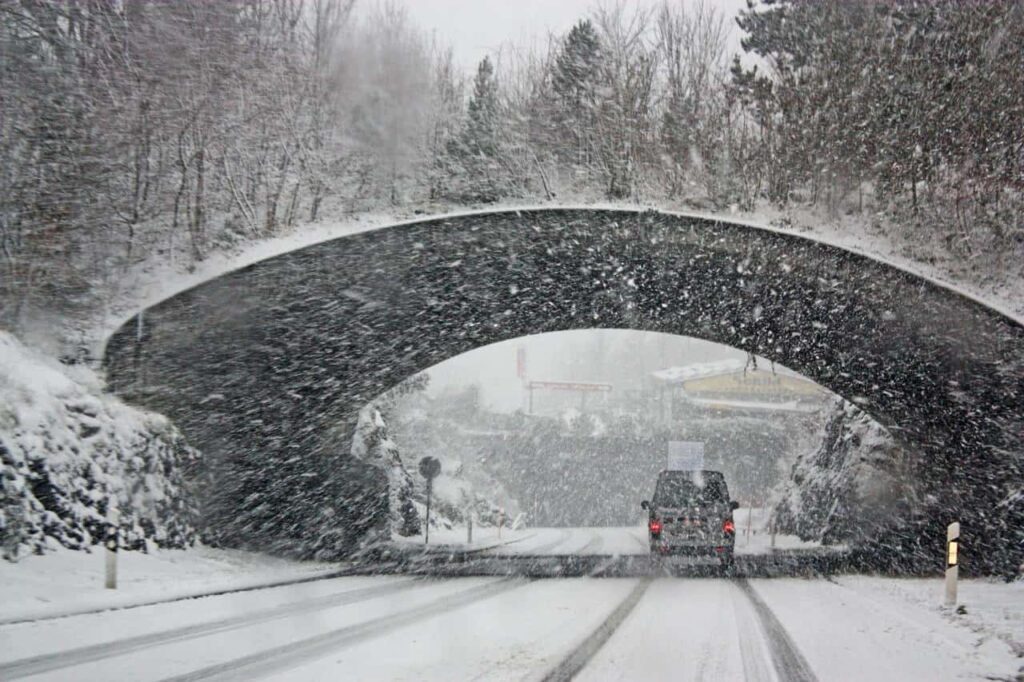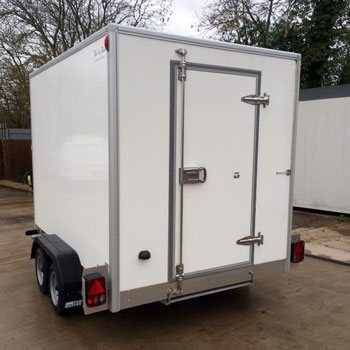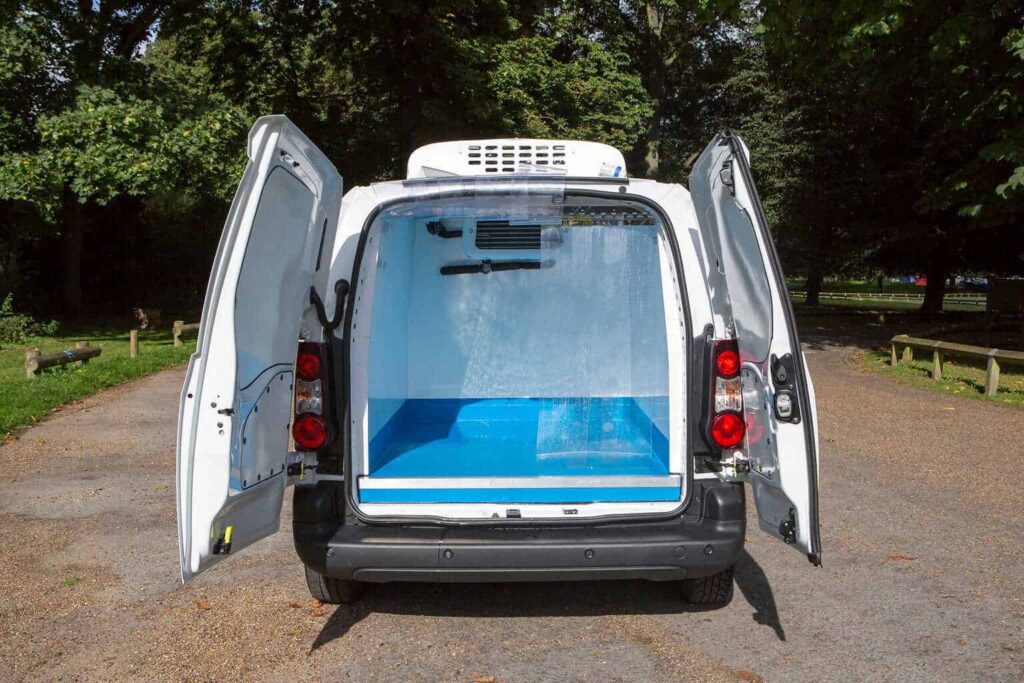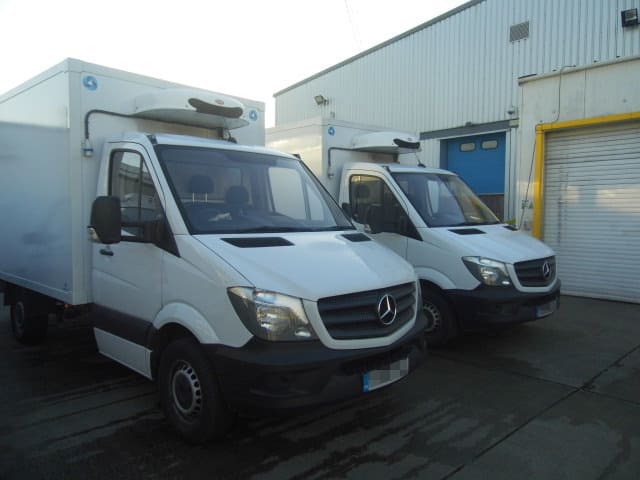It may be well below zero inside the van’s storage compartment, but taking extra care when delivering goods during the winter can present a whole range of different risks for drivers.
Refrigerated van drivers often have to travel long distances during difficult weather, challenged by wind, rain and snow. If you’re driving cross country at night to get your delivery to its destination on time, at some time you’re going to come across demanding conditions.
To help, here’s our quick guide to winter driving and how you can make your journey safer.
1. Keep Up With Van Maintenance
Whether it’s an ordinary van or a refrigerated one, good maintenance is a critical part of running any fleet. Two very important aspects of your vehicle that you need to be focused on during cold weather are the brakes and the tyre tread on your wheels. While these must be in good condition for any vehicle during winter, for larger ones such as delivery vans, it’s more so.
Get into the habit of checking your tyres and brakes before each journey, especially if you are travelling long distances.
The last thing you want if you are delivering refrigerated goods is to suffer a breakdown. Not only does it put your driver in potential danger during inclement weather but it places your load at risk and, in the long-term, your business reputation.
Regular servicing is another essential component of running a refrigerated van whether it’s just one vehicle or a whole fleet. Get into the habit of putting small problems right straight away rather than waiting for things to get worse.
2. Drive With Extra Care
There can often be a rush for businesses to deliver to tight deadlines and that can mean drivers taking risks. As a business owner, it’s important to ensure that your vans are being driven with the extra care that poor weather conditions are likely to dictate.
A fully loaded refrigerated van can weigh a lot more than a normal one so it’s critical to be aware of stopping distances, especially when there are icy, snowy or wet road conditions.
It’s useful to set realistic delivery times and reassure drivers that their first commitment is to get to their destination safely rather than speedily. It’s far better for a delivery to be a little late than not to arrive at all.
3. Be Prepared for the Worst
While you may take all the precautions you can if you are a refrigerated van driver, you can’t always plan for every eventuality. Nobody can. Whether it’s an accident or you have broken down, it’s can, however, help to be well prepared. This includes:
- Making sure you have a full tank of petrol (or a full charge if you in an electric refrigerated van).
- Packing extra warm clothing in case you breakdown as well as food, drink and, of course, a mobile phone.
- Tyre chains and spare tyres for bad weather and flats.
- Jump cables if you have an older van that may have trouble starting in cold weather.
- Gritting salt and a snow shovel.
As a business owner running refrigerated vans, it’s a good idea to ensure that each vehicle has a cold-weather kit that ensures the safety of your drivers. Giving drivers clear guidelines with regards to handling inclement weather is another option to consider.
4. What To Do If You Breakdown
Compared to other loads, refrigerated vans have an extra challenge – the perishables that they have on board.
Delays due to a breakdown can be difficult to handle and can often mean you need to transfer your load to another vehicle if the RAC or AA can’t get you going again. It’s important, therefore, to have emergency numbers to hand for all your drives, including the number of refrigerated van hire company who can get an emergency vehicle out to you.
Why Partner with FridgeXpress
We are a specialist refrigerated van hire company that serves the whole of the UK. We partner with many different sectors including food and drinks businesses, pharmaceuticals, butchers and florists to name just a few.
If you need an emergency hire or have longer-term needs, contact the professional team at FridgeXpress today to find out how we can help.




